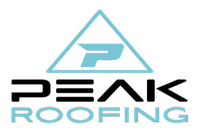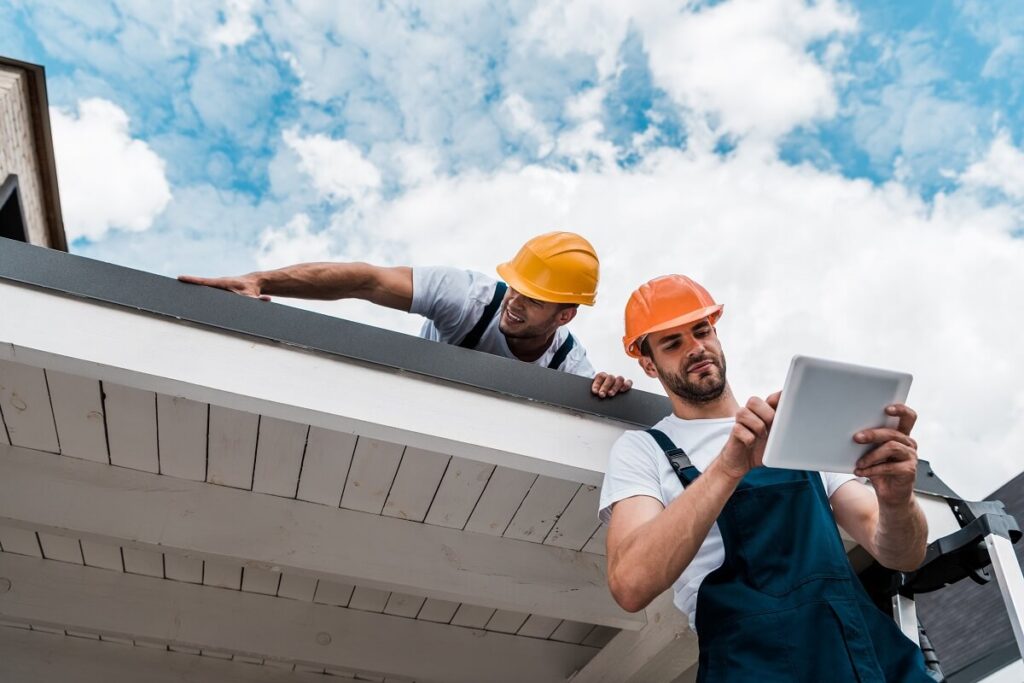Storm season can bring wind, rain, hail, and even debris– all capable of compromising your roof. But the damage that causes leaks or structural issues often starts small, long before a storm ever hits. That’s why annual inspections are one of the most important steps you can take to protect your property. A proactive approach gives you time to make necessary roof repair decisions before the weather becomes a threat.
Understand How Seasonal Shifts Affect Your Roof
Temperature changes and shifting moisture levels put year-round pressure on roofing materials. Shingles expand and contract, sealants degrade, and flashing loosens as weather patterns change. An annual inspection looks for signs of this seasonal wear before they lead to roof failure.
Why Inspections Should Happen Before the First Forecast
Many homeowners wait until after a storm to call for help– but by then, the damage is done. Pre-season inspections allow a certified roofing contractor to find vulnerabilities while repairs are still minor. Cracked vents, damaged flashing, or worn sealant may not be noticeable from the ground, but these issues are often what allows water to enter during heavy rains.
Hidden Risks You Might Not Spot on Your Own
Some roof problems develop slowly and are difficult to detect without proper tools or access. During a professional inspection, your contractor will check areas where leaks often begin but go unnoticed:
- Roof valleys, where water runoff can erode material faster
- Around chimneys or skylights, which often have shifting seals
- Underneath eaves, where moisture builds quietly over time
- Flashing at vents and pipe collars
- Signs of early mold or wood rot beneath shingles
How an Inspection Helps Preserve Manufacturer Warranties
Roofing materials often come with long-term warranties—but those warranties typically require regular inspections and documentation. If a storm causes damage and you haven’t maintained your roof properly, coverage could be denied. Working with a licensed roofing contractor ensures you’re meeting those warranty obligations, with written reports to back it up.
Commercial Roofs Require a Different Inspection Approach
Flat and low-slope roofs on commercial buildings have different vulnerabilities. Ponding water, compromised membranes, or punctures caused by rooftop equipment are all concerns that must be addressed before heavy rainfall. A detailed commercial inspection involves core sampling, moisture scans, and drainage system evaluation– techniques that are critical in larger buildings.
Pairing Inspections With Annual Maintenance Plans
Some roofing companies offer ongoing maintenance programs that bundle inspections with minor tune-ups. These plans help identify problems early while keeping costs predictable. Gutter cleaning, resealing joints, and replacing worn shingles are common tasks included. For property managers or homeowners who want hands-off protection, it’s a valuable service that extends the life of the roof and reduces the chances of a surprise leak mid-season.
Even the best roofing materials can fail under stress if the system isn’t maintained properly. Schedule your pre-storm roof inspection with Peak Roofing and Exteriors today. Their certified roofing contractors are trained to spot hidden risks, perform expert roof repairs, and prepare your property for whatever the season brings.

